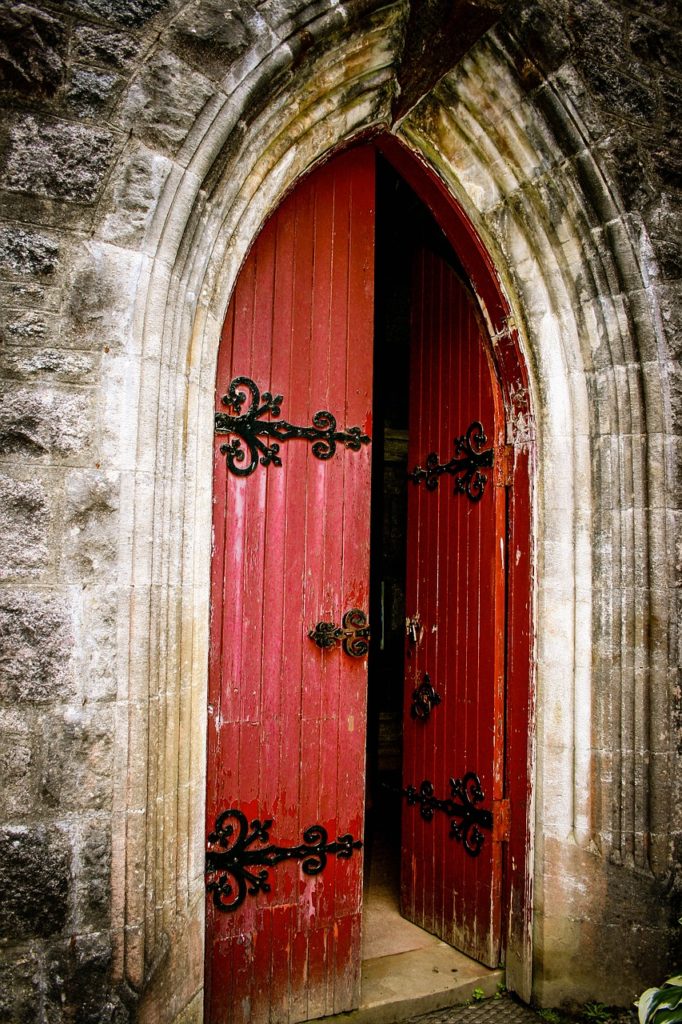
The forerunner of the temple was the tabernacle, the tent that God instructed the Israelites to build while stationed in the wilderness at Mount Sinai. After entering the promised land of Canaan, they retained the mobile sanctuary until King Solomon. During the time of the monarchy, the temple endures several cycles of defilement and restoration.
The meaning of the temple for the Israelites symbolizes the presence and protection of the Lord God among them. When the temple was dedicated, God came down from heaven, filled it with His glory, and promised to put His name there. When God’s people wanted to pray to the Lord, they could do so by facing the temple.
The temple also represents God’s redemption of His people. Two functions took place there: the daily sacrifices for sin on the bronze Altar and the Day of Atonement. The Israelites, through these rituals, remind them of the costly nature of redemption and reconciliation. However, the temple gave no guarantees of God’s presence; it symbolizes God’s presence insofar as the people rejected all other gods and obeyed God’s holy law.
The temple for the Christian church in the New Testament today symbolizes the presence of God. The role of the temple in the Old Testament is different from the New. Jesus criticized the misuse of the temple where His first and last public acts were there. He wanted to clear those who were destroying its true spiritual purpose.
The focus of worship for Christians shifts from the temple to Jesus Christ Himself. He represents God’s presence among His people and not the temple. He is the Word of God made flesh, and in Him, all the fullness of God lives. Since Jesus Christ embodies the meaning of the temple, and since the church is His body, the members of His body designates as “temples of God.”
Through His Spirit, Christ lives in the church and requires the body to be holy. In the Old Testament, God would not tolerate any defilement of His temple, so He promises to destroy anyone who destroys His church.
The Holy Spirit is living in His people corporately and in the temple of the individual believer.
